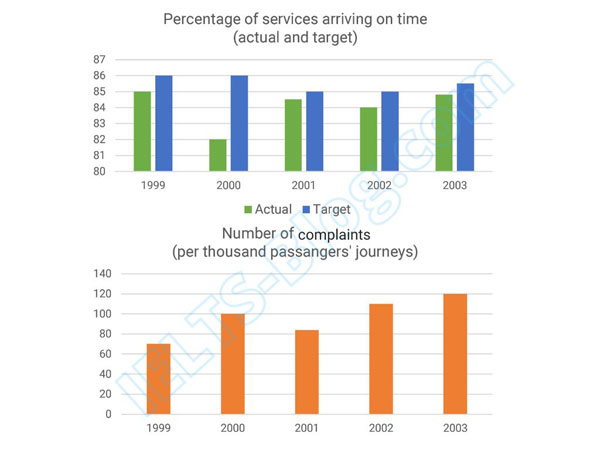IELTS Speaking Test, Part 3 questions with model answers (Good News)

Here are some high-scoring Part 3 model answers for the Speaking Test that was shared by a student from India. The answers below show a good way to respond to these questions. You can find the answers in the other parts here: Part 1, Part 2.
NEW! In this podcast episode you can LISTEN to all the questions and answers. It’s great to improve your pronunciation, intonation and overall fluency!
Or you can listen on YouTube (turn subtitles on):
Speaking test
Part 3 (Discussion)
We’ve been talking about good news, and now, in the third part of the test, I would like to ask you a few more questions related to this.
1. How do people share good news?
People have been sharing good news since the dawn of time, usually by word-of-mouth but nowadays, thanks to technology and social media, we have all these other options. People can share good news through text messages or emails, they can do video calls and group chats. There are also instant messaging services, people post on blogs and websites, as well as spread the word on social media platforms like Facebook, Twitter and Instagram.
2. Why do you think people like to hear good news?
I think that people are hardwired to seek out positive experiences and optimistic news, because it gives us a sense of hope and security. Receiving good news also gives us a feeling of satisfaction and joy, and it’s a way for us to celebrate or reflect on something special in our lives or someone else’s life.
3. How does social media affect the way people share and receive good news?
One profound effect of social media on the way people communicate these days is the speed it offers. Because it is incredibly easy for users to spread both positive and negative messages lightning-fast, it affects how quickly we get and respond to certain types of information from around the world.
4. What kind of good news people wouldn’t share on social media?
There are some types of good news that people may not feel comfortable sharing on social media. It could be because of privacy concerns or certain sensitive topics. Some could fear envy from others and for that reason keep their good news to themselves.
5. Can you think of a type of good news that is widely celebrated or enjoyed in your country or society?
In my country, the good news that everyone loves would be celebrity engagements! Whenever two celebrities get engaged it will usually make headlines here because such occasions are considered incredibly special moments.
6. How does good news affect people’s emotions and well-being?
I think good news can have a hugely uplifting effect on people’s emotions and wellbeing, particularly when it is shared amongst those close to us. It brings us closer together when we celebrate each other’s successes.
7. Can good news sometimes have a negative impact on people? In what way?
I would say it is possible. Good news can sometimes have an adverse effect on some people, especially when someone else achieves something great, while they feel stuck where they currently are. This could cause frustration and envy, and can also lead to sadness and feelings of low self-worth.
Read more model answers on the VIP Club website



